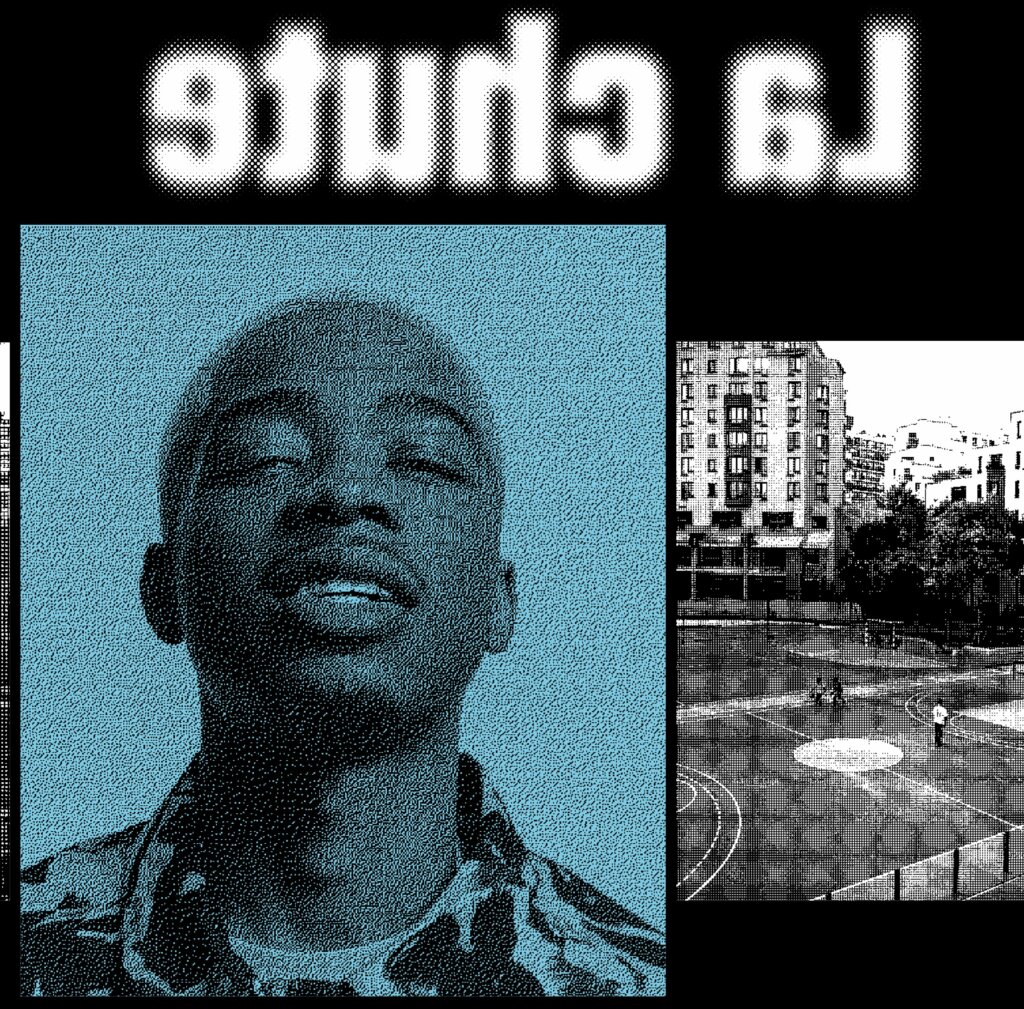Berlin Remake
2005 - Film & Video (Film & Video)
14 min
Amie Siegel
Berlin Remake ( 2005) combines extracts of East German films with images filmed by the artist in Berlin. While staying in Berlin, the artist found the locations where the official films were made and she juxtaposes the two in a synchronised double projection. Therefore on one screen there is Berlin between 1945 and 1989 and on the other Berlin in 2004. The contrast between the two is troubling, strange and uncanny (Freud would say unheimlich). History in both continuous and ruptured. It is as if the artist was remaking these films but without the actors, or the plot; in a way it is a meditation on absence as well as a demonstration of the changes in Berlin. She also uses an extract of the last film to be shot under the Communist regime. The scene occurs in a place that has been entirely reconstructed since. At the beginning, the film itself looks like a remake of an old East German film but during the projection it transpires more like a comparison rather than a reconstruction. The film is simultaneously a search for lost time and for recaptured time.
Amie Siegel works with the cinematic image—the precise production of filmic and still images—to produce artworks that address deeper social issues. She fakes and remakes, to purposefully tell lies as a vehicle to a greater truth. Through researching and implicitly critiquing the history of film, Seigel makes use of genre tropes, such as those found in science fiction, noir and the western. She also has a keen interest in politics, critical theory and a marked distrust of capitalism.
Colors:
Other related works, blended automatically
» see more

© » KADIST
Amie Siegel
2013Winter is a film installation of multiple tenses—shot in the recent past, depicting an unknown future, unfolding (and changing) in the present of the exhibition...
Related works sharing similar palette
» see more

© » KADIST
Mathilde Rosier
2003Rosier’s body of films, gleam with that indeterminate in-between glow of twilight...
Other works by: » Amie Siegel
» see more

© » KADIST
Amie Siegel
2013Winter is a film installation of multiple tenses—shot in the recent past, depicting an unknown future, unfolding (and changing) in the present of the exhibition...
Related works found in the same semantic group
» see more

© » KADIST
“The man who saw the man who saw the man who saw the bear” (Chinese whispers, broken lines and second-hand stories) Aurélien Froment (Angers, 1976) is attempting to arrange his archives Summer 1999: Summer job at the cinema L’Épée de bois, Paris Documents relating to Werner Herzog — including plans for Molly Aida (Fitzcarraldo’s boat) — are found in the basement of the cinema 2000? Photos of the foundations of the tramway in Nantes Jan...

© » KADIST
Felipe Dulzaides
2006I Am Cuba— “Soy Cuba” in Spanish; “Ya Kuba” in Russian—is a Soviet/Cuban film produced in 1964 by director Mikhail Kalatozov at Mosfilm...

© » KADIST
Jay Chung and Takeki Maeda
2009Jay Chung and Q Takeki Maeda remake a clip from the 1970s they found on the internet, and without really changing this archive material, displace it by imitating the staging and the acting with scrupulous precision...




